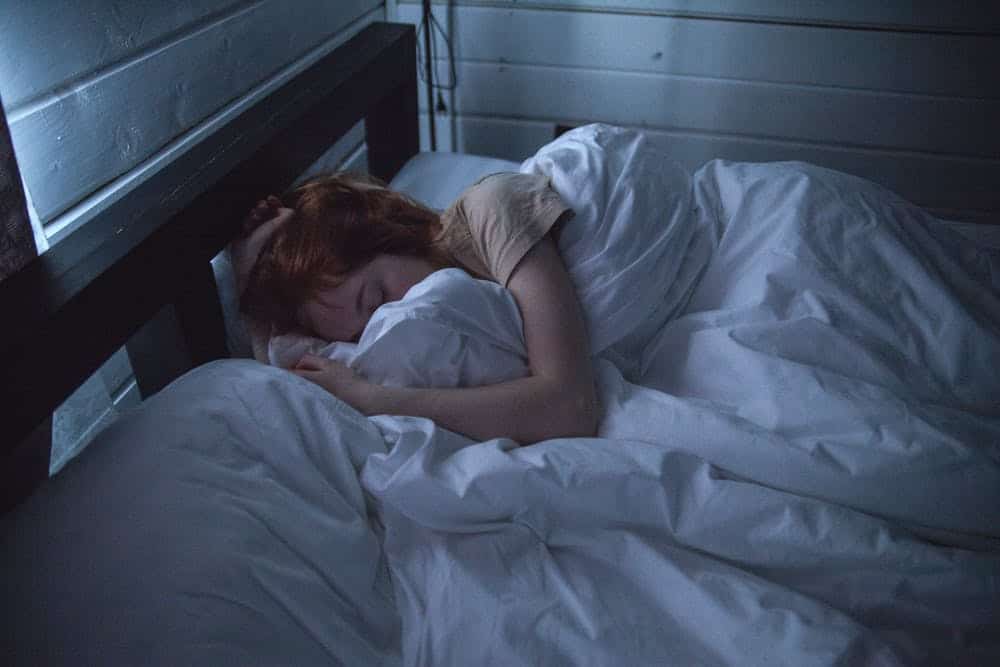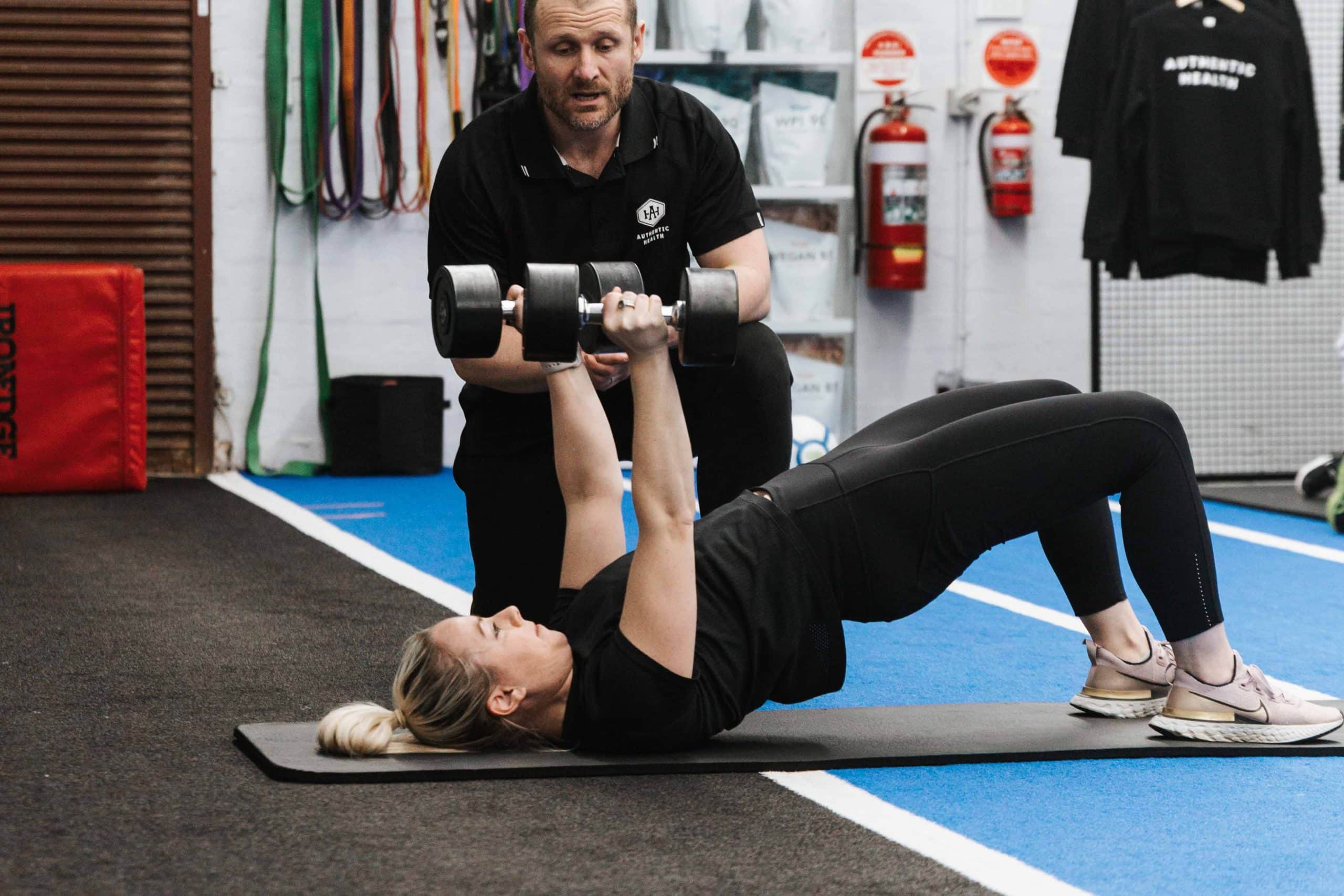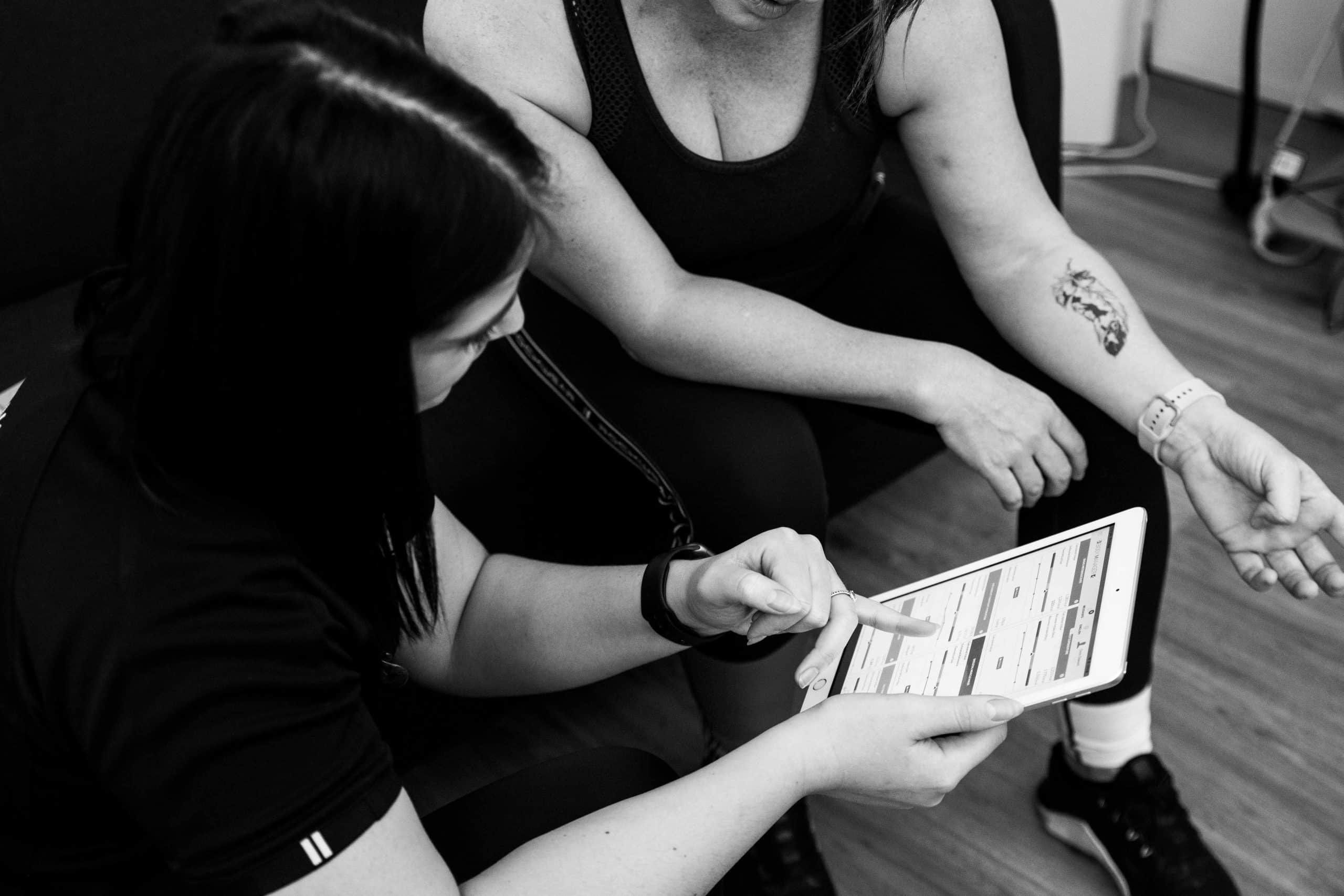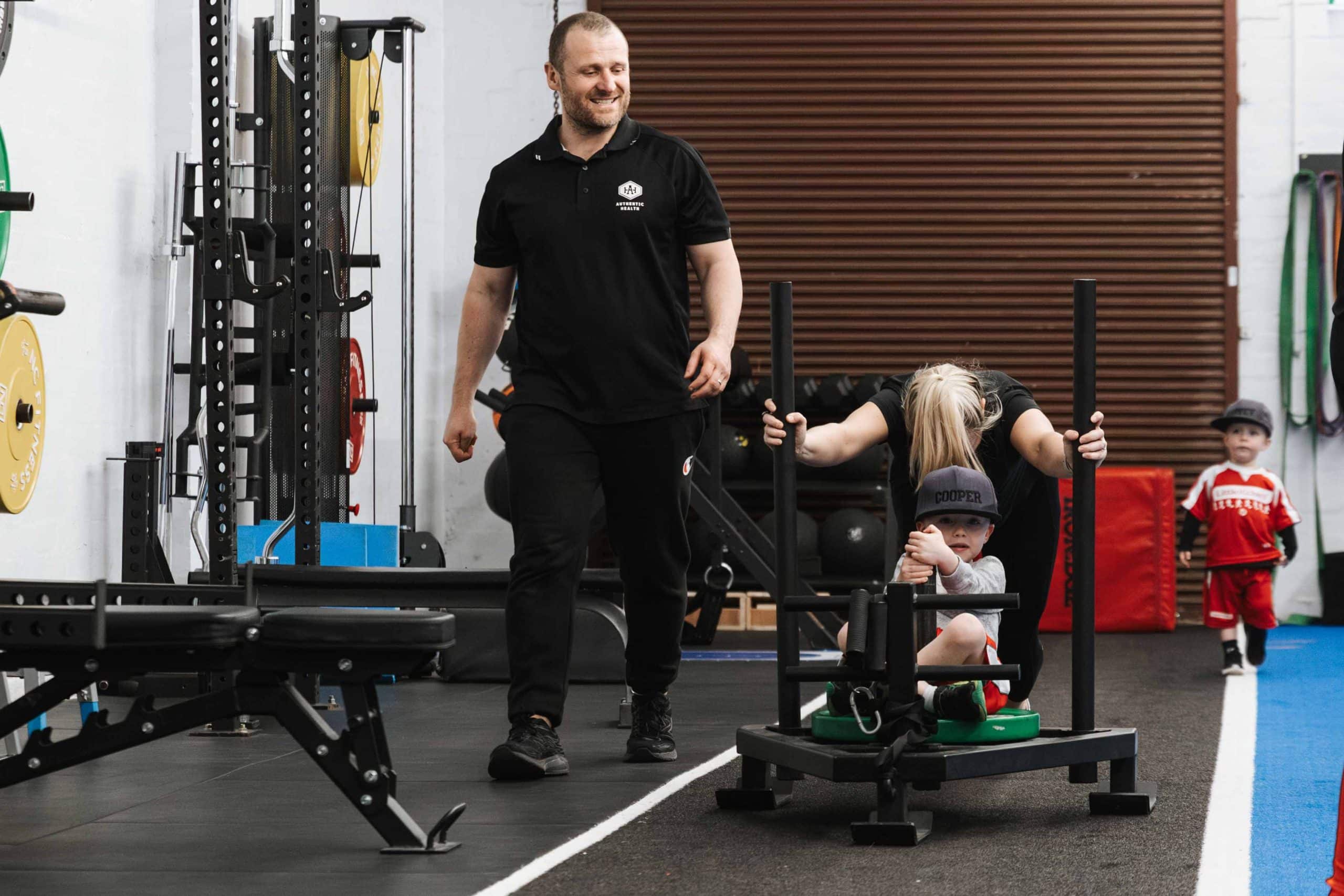Does Sleep Matter?
If you are a person who values anything health, performance or longevity then the research is clear. Sleep is as important if not more important as what you eat or what you do with regards to your training. If you are the parent of a newborn child you will no doubt completely understand the importance of sleep when you’re not having any.
Why Do We Sleep?
Why we sleep is still the subject being researched heavily by scientists, the main reason being is that there are still many unanswered questions regarding the exact reasons we sleep. Some of the conclusions that are being talked about is sleep is integral to the restoration of the human body for both mind and body. What we can say for sure is you can not go without sleep. Sleep deprivation is known to increase our risk to mental health illnesses like depression and anxiety, decreases our productivity, and increases our susceptibility to injury during exercise and sport.
How Long Should I Sleep?
When it comes to sleep ‘how long should I sleep each night’ is often the first question people will ask. Its evident as the years have passed humans are sleeping less than ever before, this is largely due to significant changes in lifestyles. We can now shop 24 hours a day, we have social media, television, and netflix at the click of a button, we eat out in restaurants later than ever before. All this without even mentioning the biggest culprit being we work longer hours than ever before. No matter how you choose to live your life the research is clear, the average adult needs to go pass through 5 rounds of REM sleep which is between 7.5 – 8.5 hours per night. The more active you are, the more sleep you will likely require.
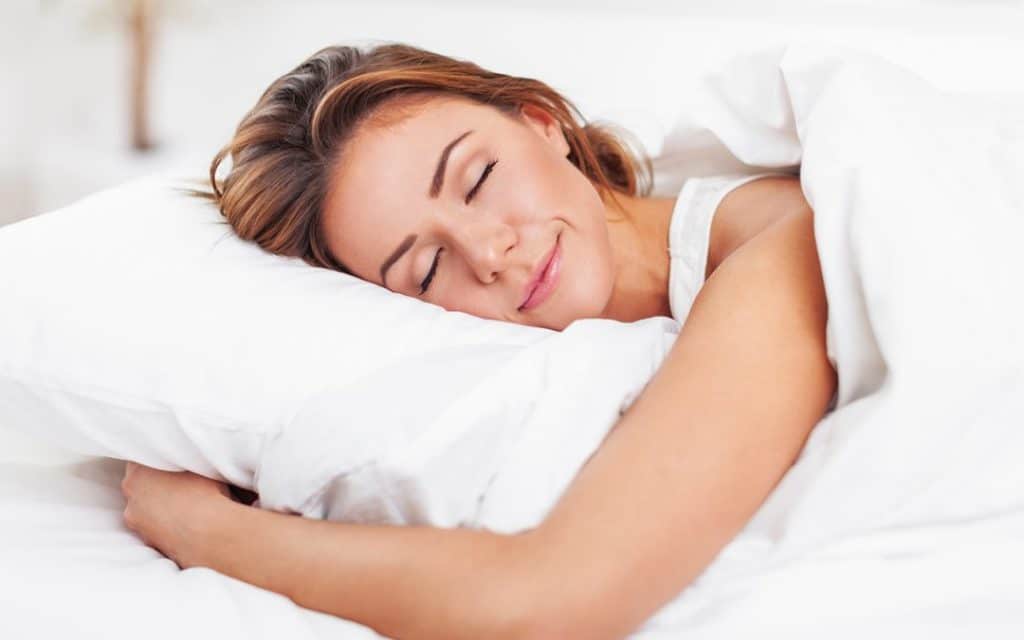
Stages Of Sleep
To watch a person sleep you could assume their body and brain was completely inactive for the time their eyes are closed but there are many stages of sleep believed to be important for different reasons. A great way these stages can be thought of is described by William H. Moorcroft , and Paula Belcher authors of ‘understanding sleep and dreaming’ where they explain stages of sleep like rooms in a house. Each room has its own unique purpose where the body experiences something different. These stages are;
STAGE ONE: This is in the very first moments of sleep, during this stage the brain produces what’s known as beta and theta waves which help us achieve a state of deep relaxation. These early stages are short in nature (roughly 10 minutes) and because we are in a light stage of sleep we can be easily woken at this point.
STAGE TWO: Also a relatively light stage of sleep is one of the first stages of non-rapid eye movement (NREM) sleep. This stage of sleep is best known for brain activity known as ‘sleep spindles’ where the brain generates electrical rhythms that are believed to be important to learning and memory. Love to nap? After completing stage two would be the optimal time to wake up, during this stage our heart rate drops and body temperature is cooled, perfect preparation for restfulness and recovery.
STAGE THREE: This is where the mind and body move into the deep sleep stage. You will often be far less responsive to your surroundings and harder to be woken. This stage is best known for being the stage of sleep where your heart rate drops to its lowest, breathing slows, and muscles are completely relaxed. All of these key physiological changes help us recover from mental and physical stress and grow. Our muscles recover, immune function is boosted, brain development occurs, and energy stores are replenished. Overall this is the most anabolic time in a humans life.
RAPID EYE MOVEMENT SLEEP (REM): This stage commonly occurs around 90 minutes after falling asleep. At this stage physiologically speaking we are extremely active, our heart rate, breathing, blood pressure has returned to a state close to when we are awake. As the name suggests our eyes are moving side to side behind our eyelids, our brain is quite active and this is the stage we tend to do most of our dreaming. Researchers are still trying to understand why dreaming occurs, while we dream the body is typically paralysed as a way to stop us acting out our dream experiences. As we age we traditionally spend less and less time in REM sleep.
Sleep Tips
- Work backwards in order to get the required sleep. Like anything you want to excel at you need to be organised. Working backwards by counting back 8 hours from the time you need to be awake is essential, from there you can then add all the things you need to do routinely before bed.
- Set the environment, room temperature should be around 19 degree’s celsius, the room should be dark so your senses know it’s time for sleep, and its been to be shut off from outside noise.
- Things to avoid before bed. Stimulating the body before sleep can make it hard to fall asleep and hard to once asleep for the body to enter stages of recovery and growth. Try to avoid caffeine (even if you think you can sleep after) within 7-8 hours of sleep, While alcohol often doesn’t make it hard to fall asleep it is known to affect sleep quality so where possible avoid drinking before bed, avoid cigarettes, sugary drinks, and using electronics that expose you to blue light within 2 hours of sleep time.
- Activating your parasympathetic nervous system otherwise known as your ‘rest and digest’ system can help not only get to sleep but get a quality restful sleep. This can be done through controlled breathing. Avoid any exercise within 2-3 hours before bed that stimulates the central nervous system, this includes weight training, running, boxing or any strenuous form of movement.
- Have a regular sleep and awake time, by going to bed and waking up at the same time each day it sets your internal clock in order for your body to know when to wind down at night and when it’s time to get up in order to reach your 8 hours.
Authentic health coaches take a holistic focus to helping you achieve your health and fitness goals. If you are looking for a coach who can assist you with getting stronger, leaner, and having more energy than having a coach who can keep you accountable with not only your training but implementing lifestyle strategies around nutrition and sleep will be essential. Book a consultation or call today to learn more about how we could help you.
References
http://healthysleep.med.harvard.edu/healthy/getting/overcoming/tips
https://www.sleephealthfoundation.org.au/facts-about-sleep.html
https://www.healthdirect.gov.au/sleep
Lüthi, A. (2013). Sleep Spindles. The Neuroscientist, 20(3), 243–256. doi:10.1177/1073858413500854
https://www.ninds.nih.gov/Disorders/Patient-Caregiver-Education/Understanding-Sleep

